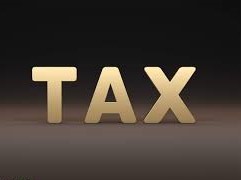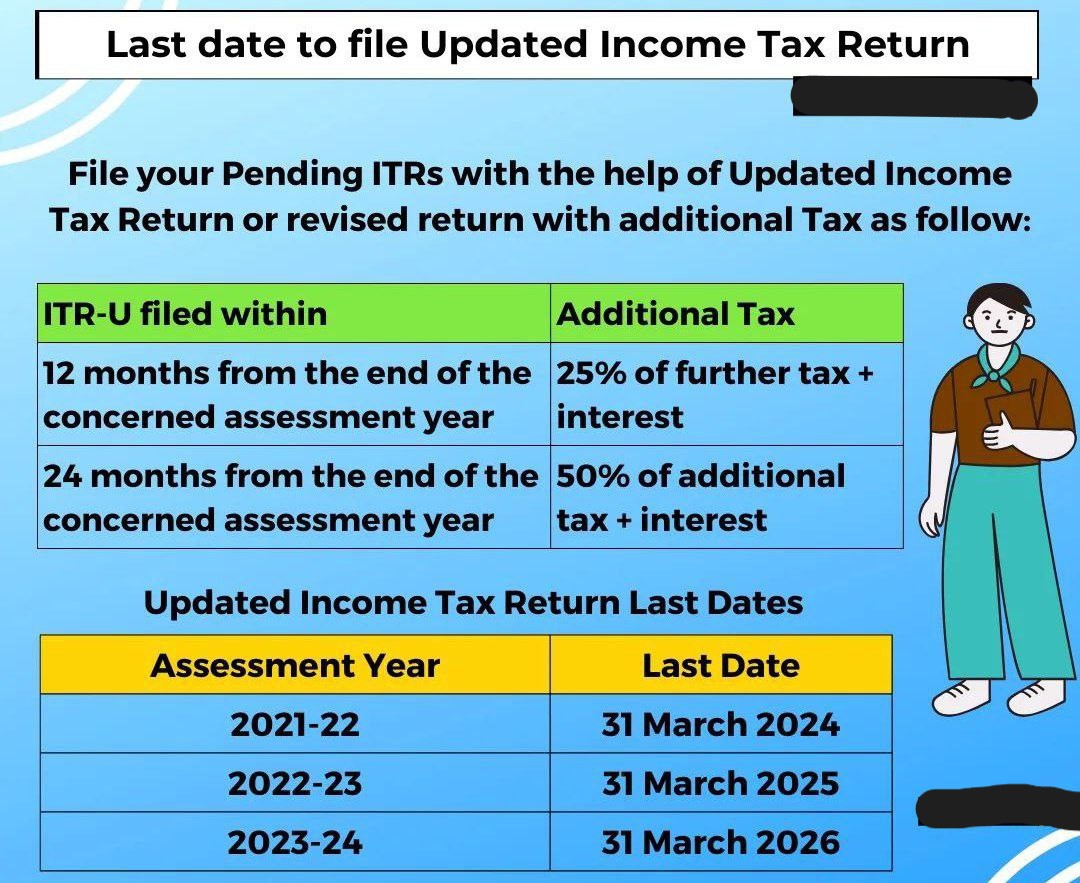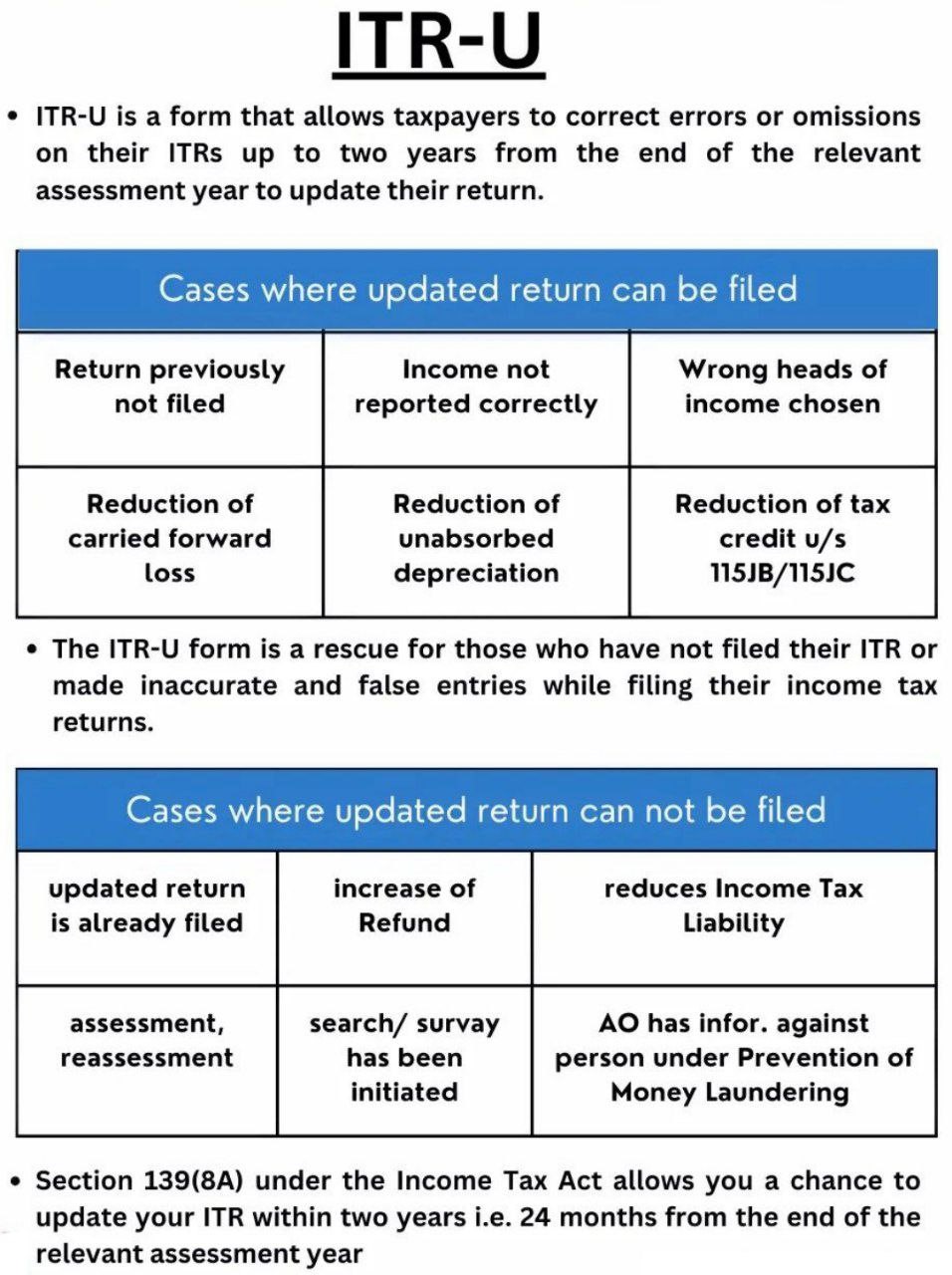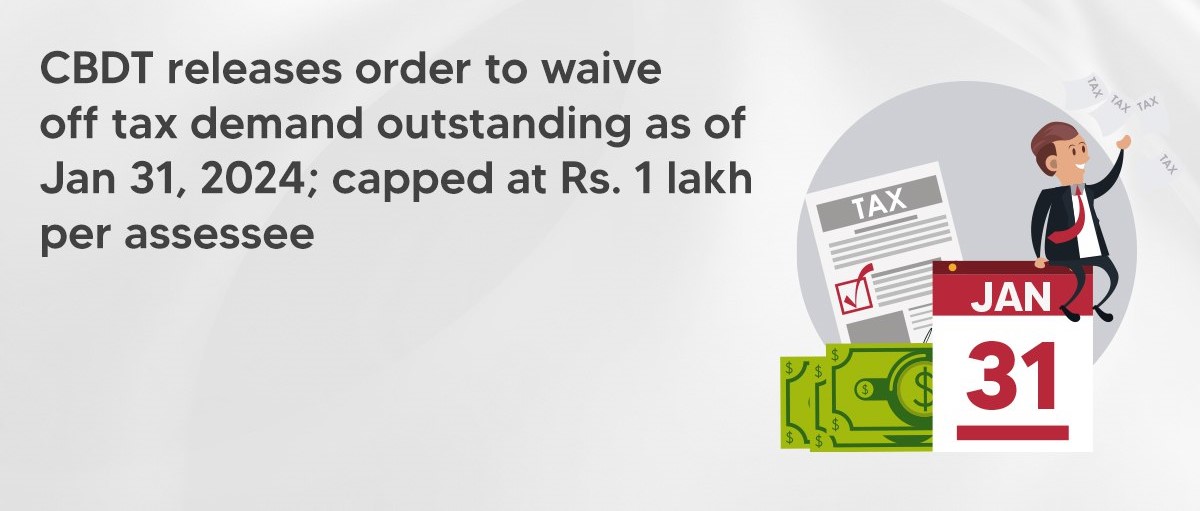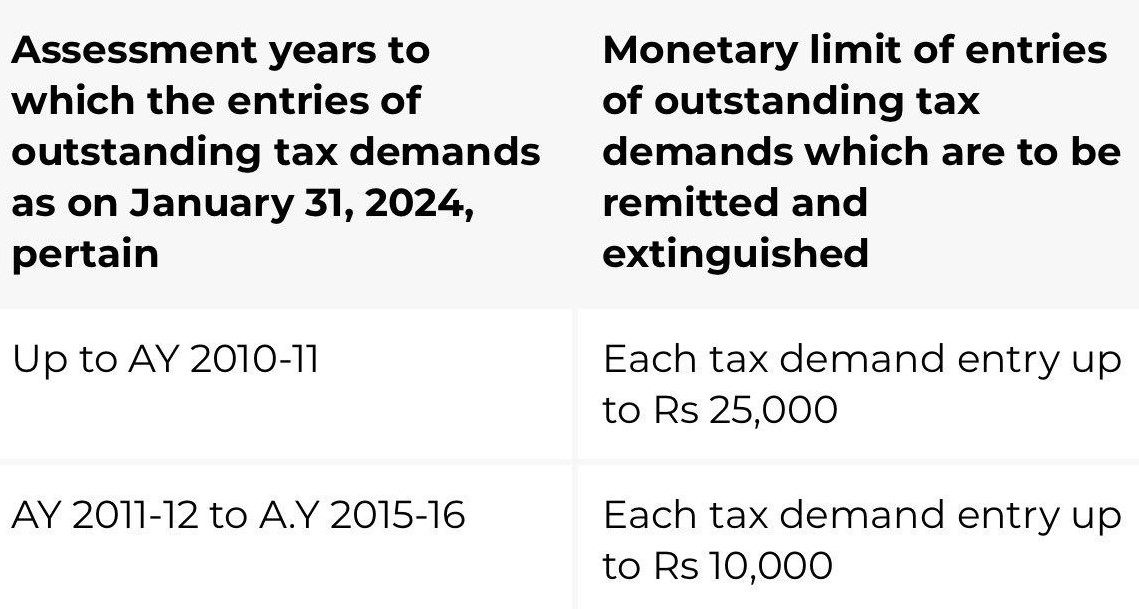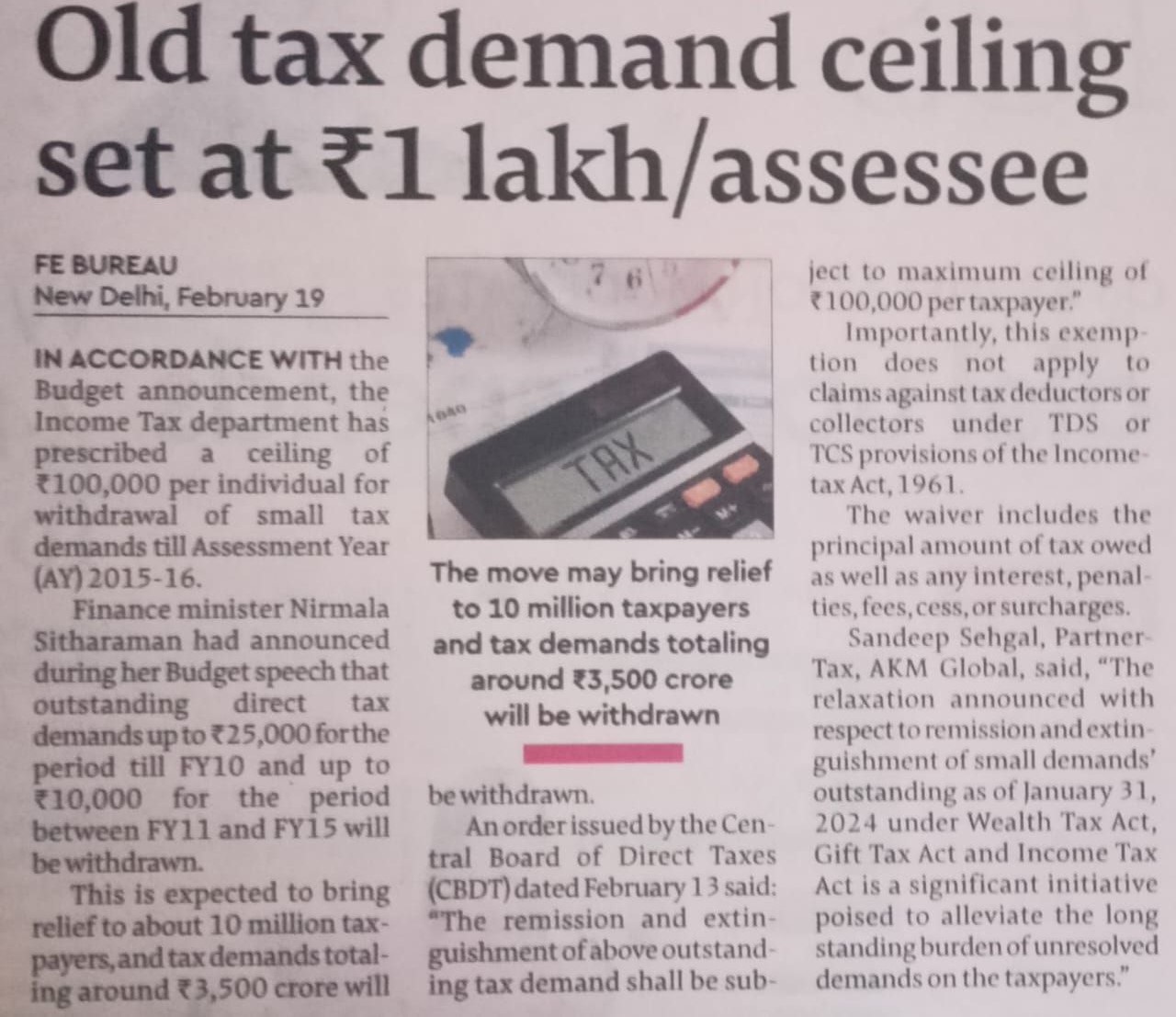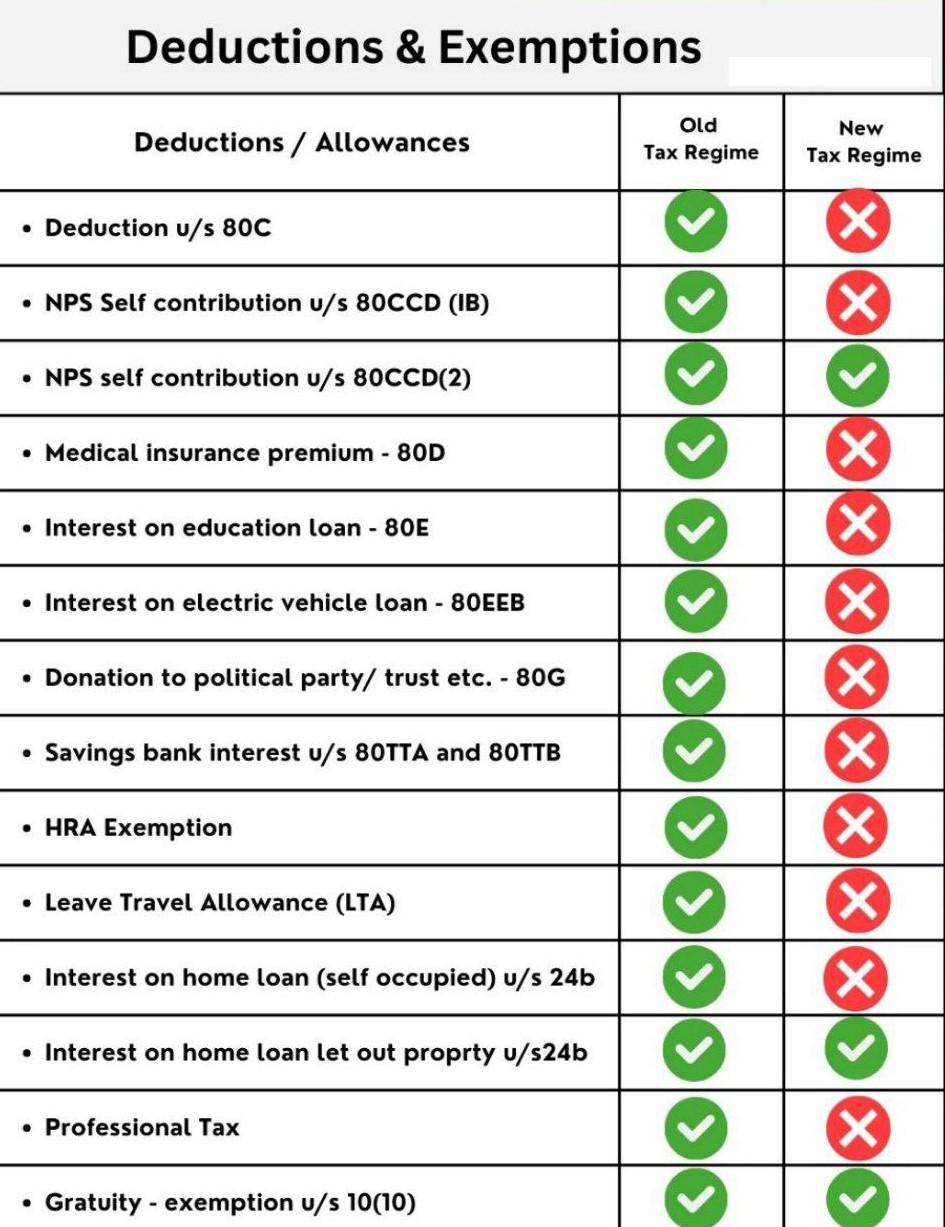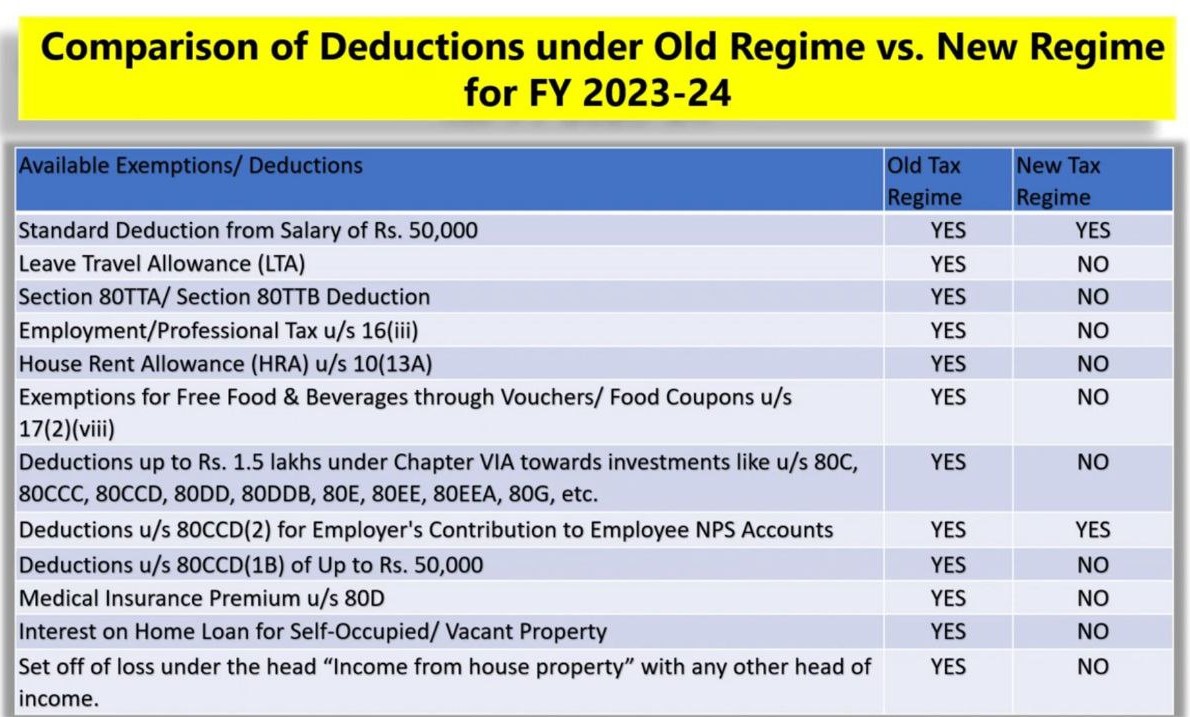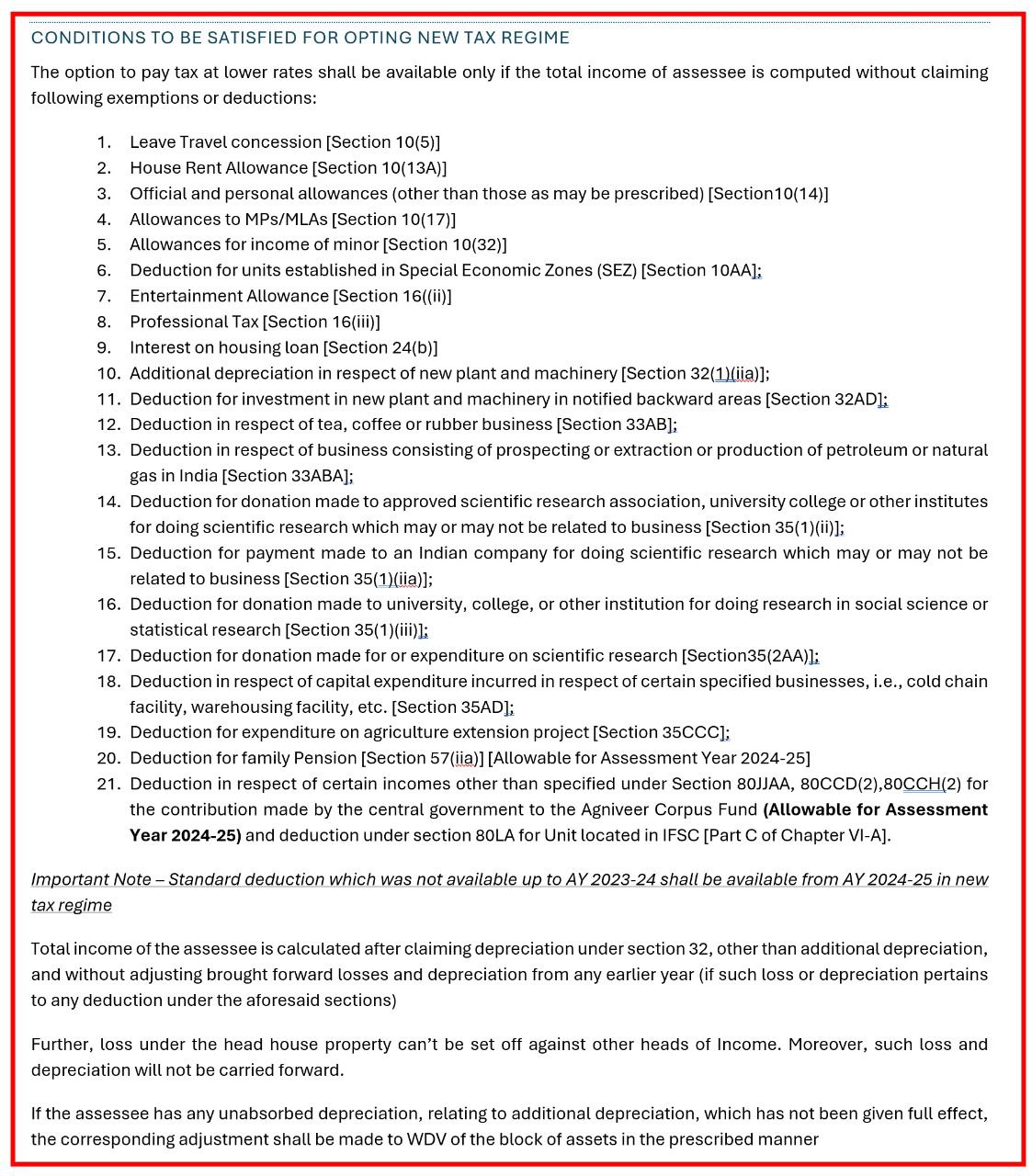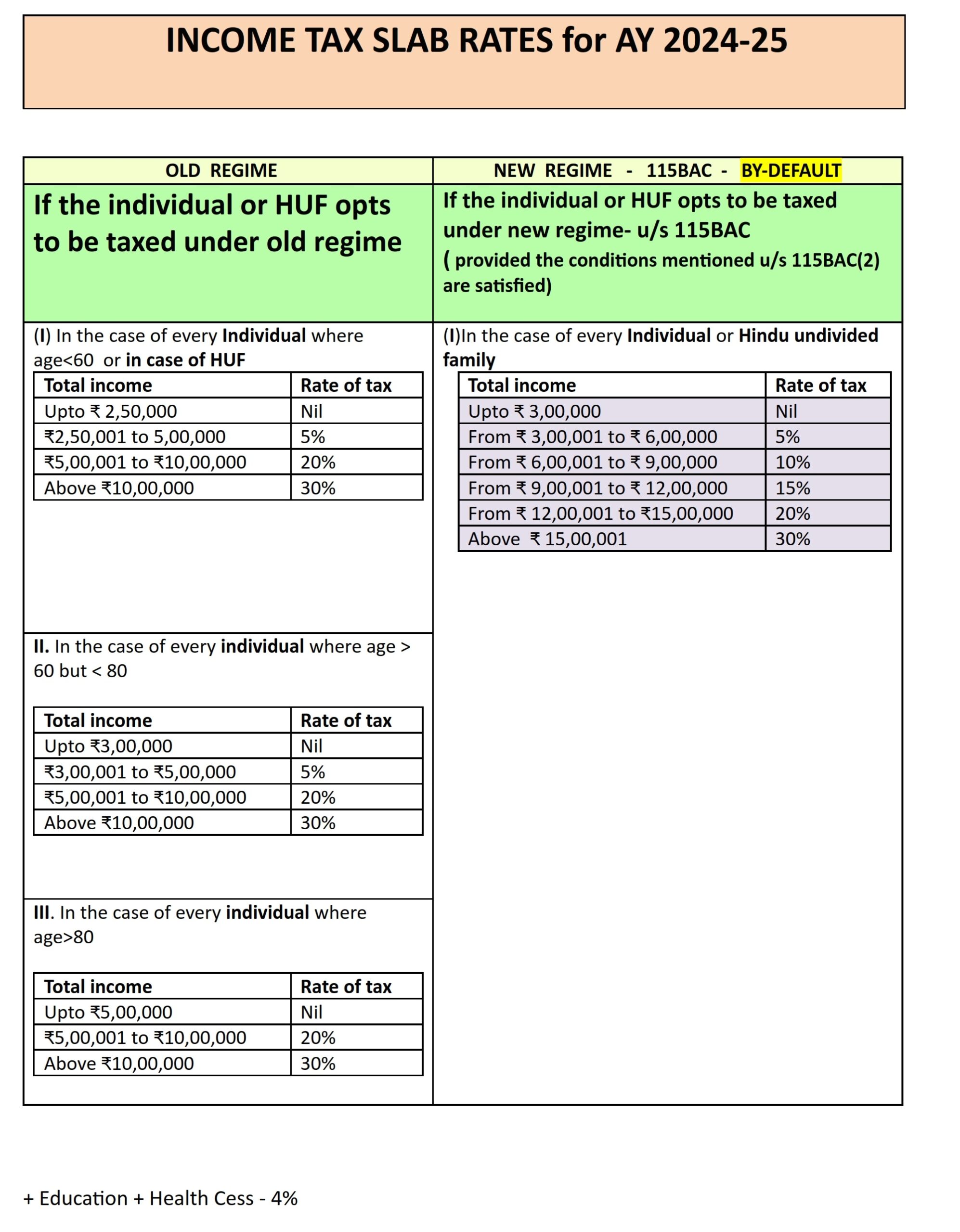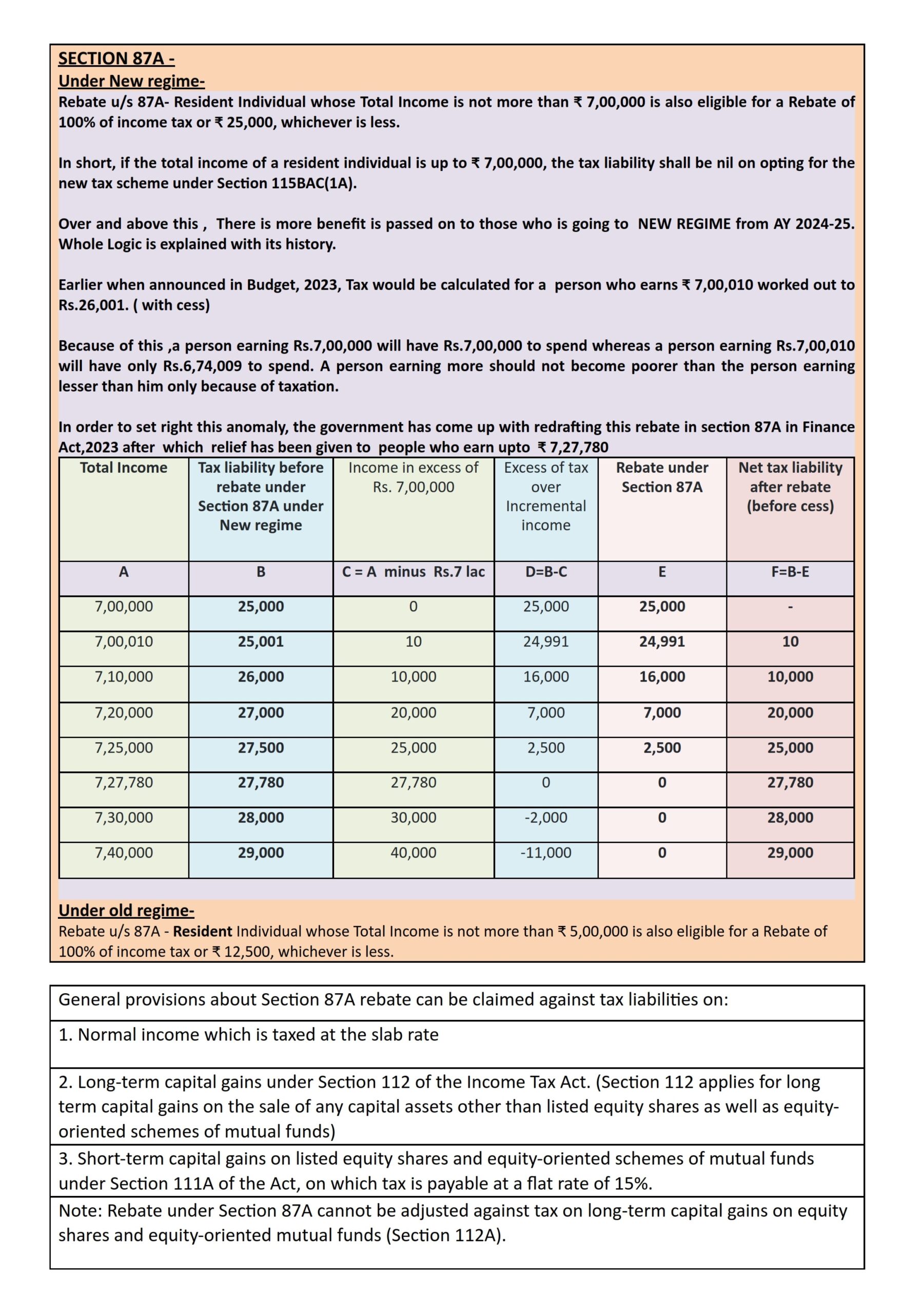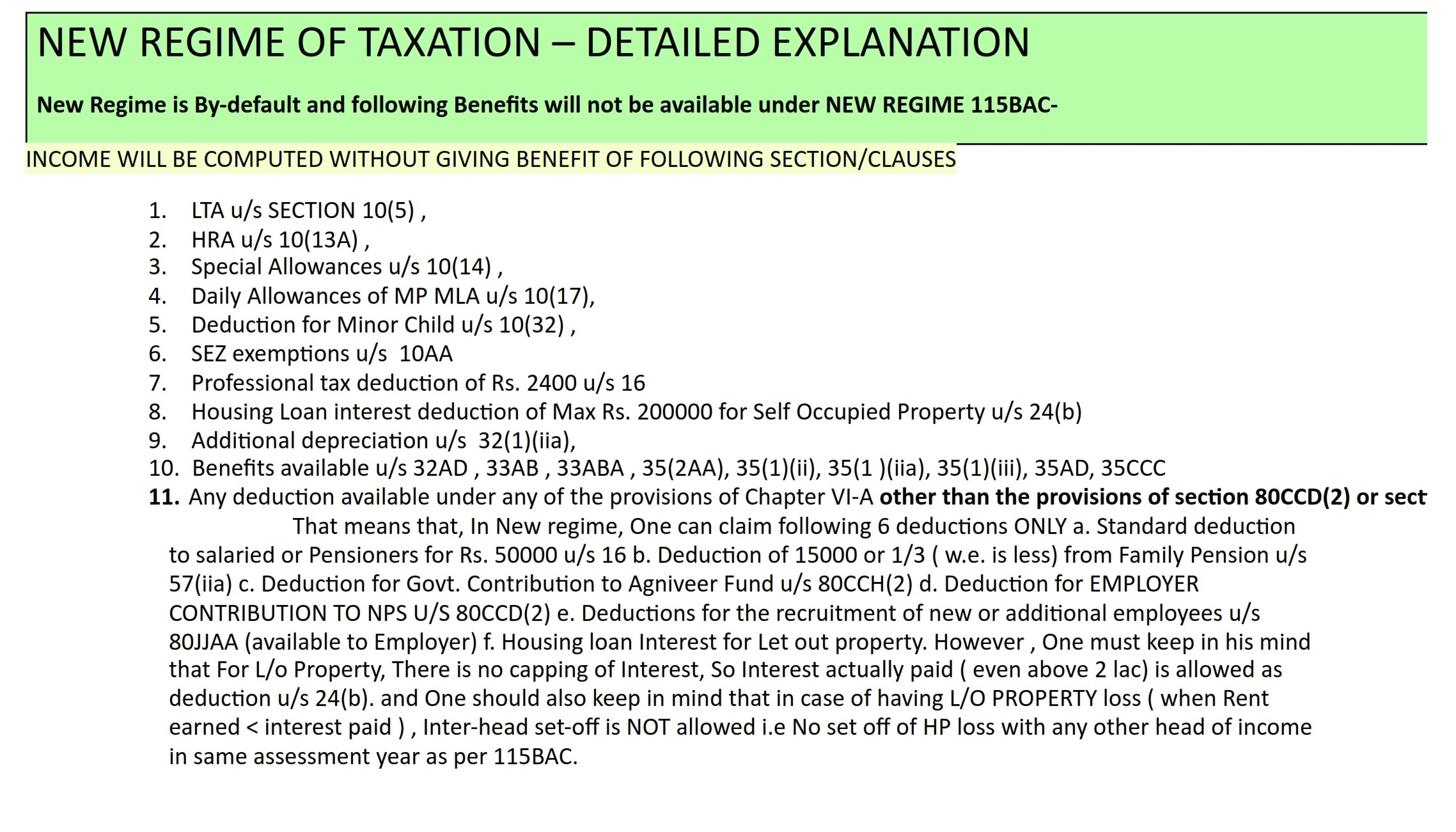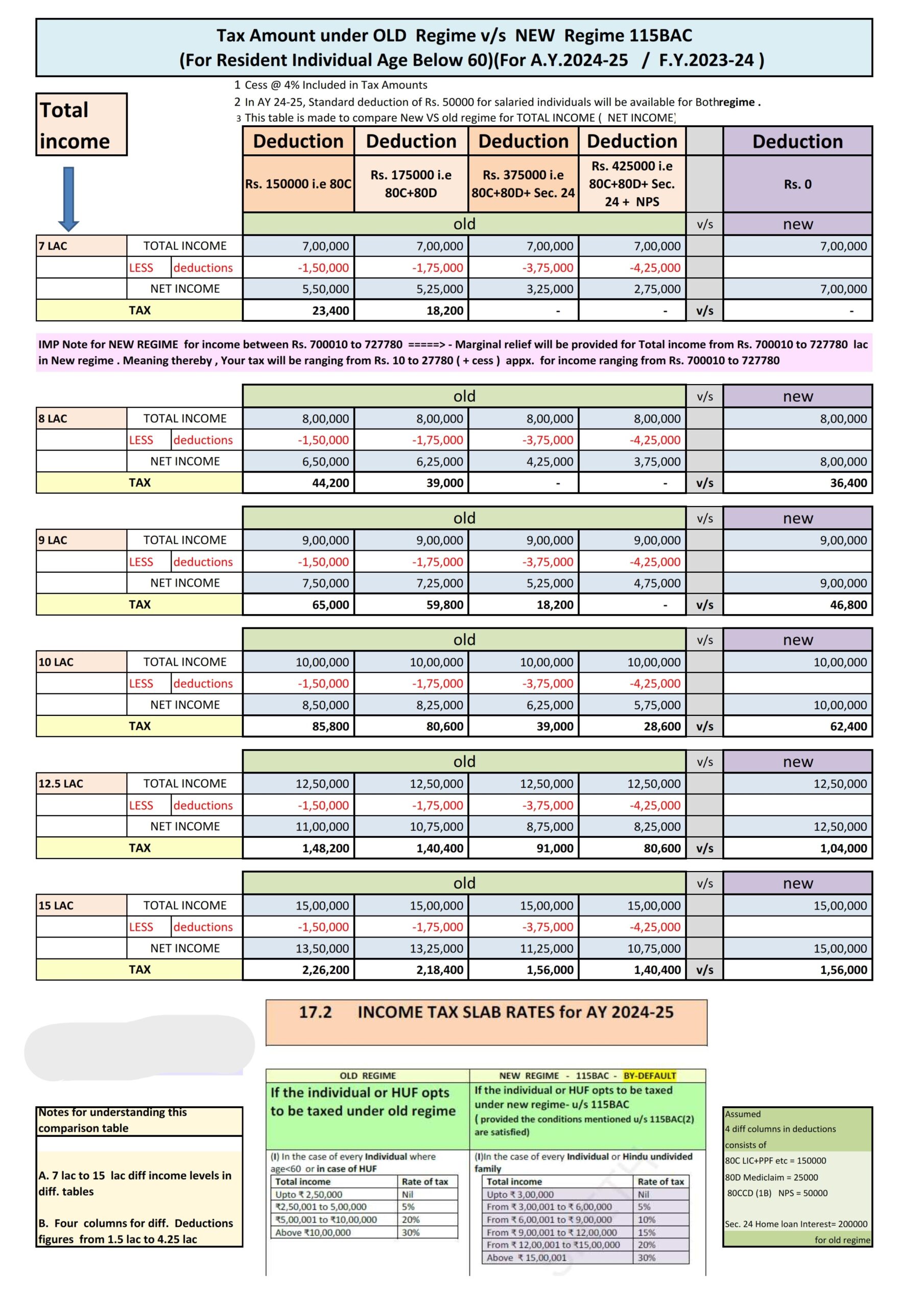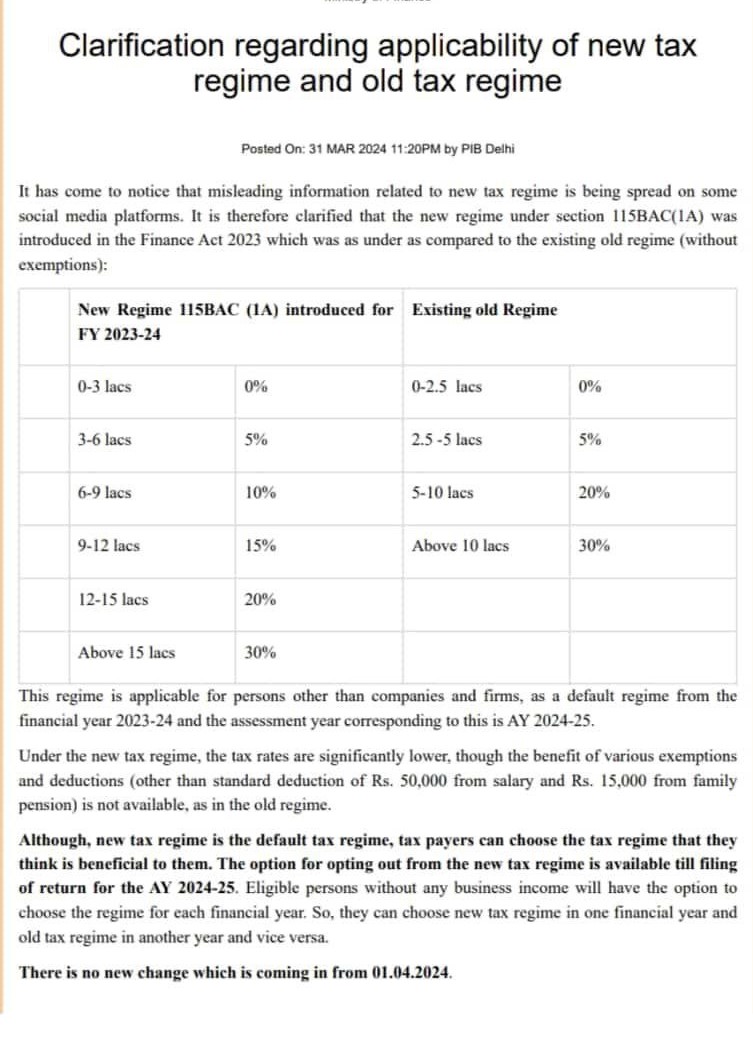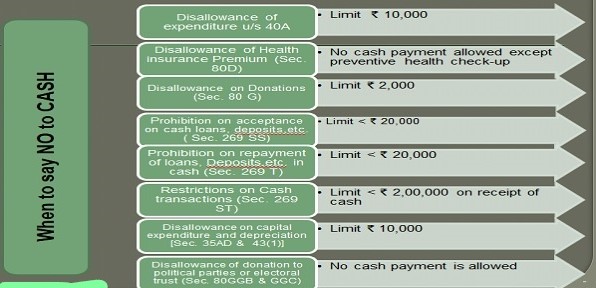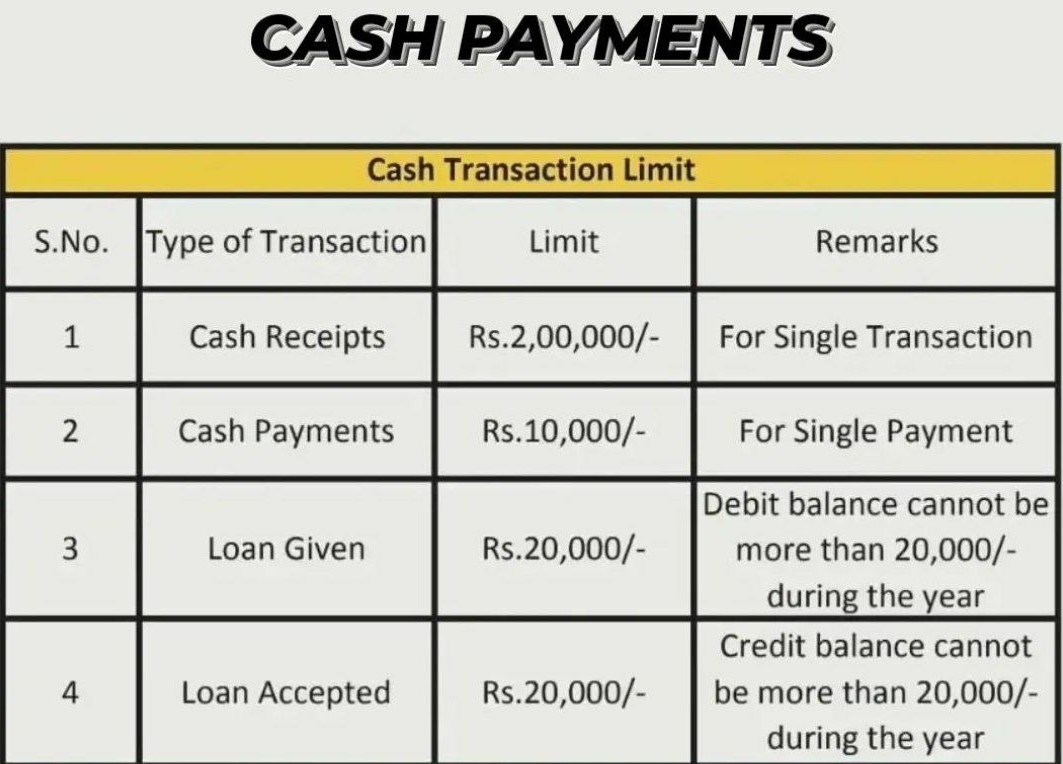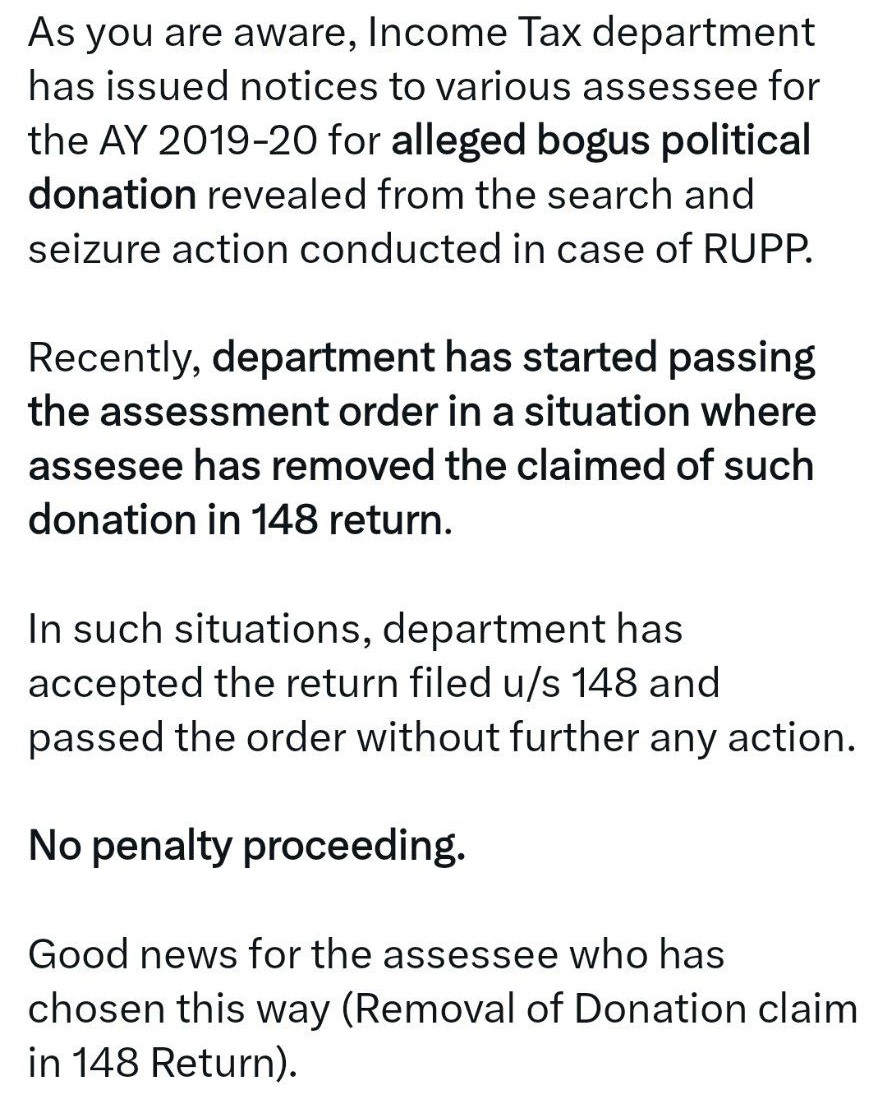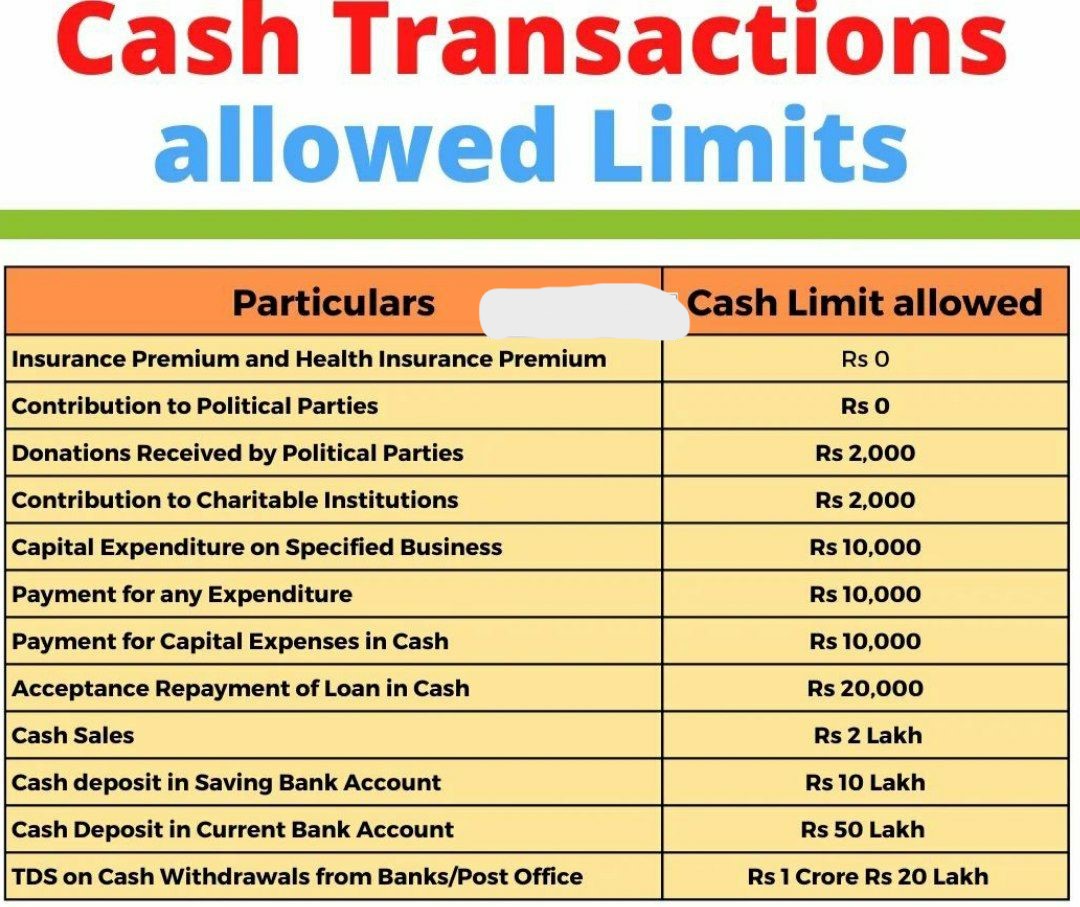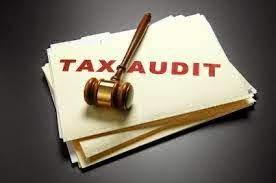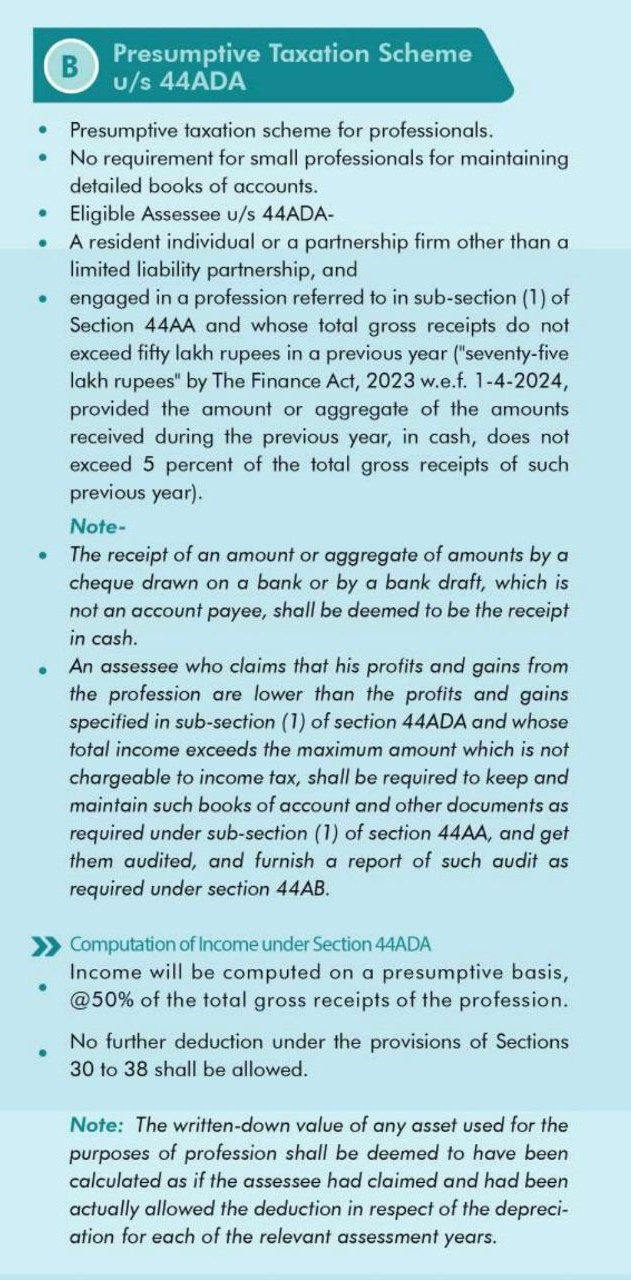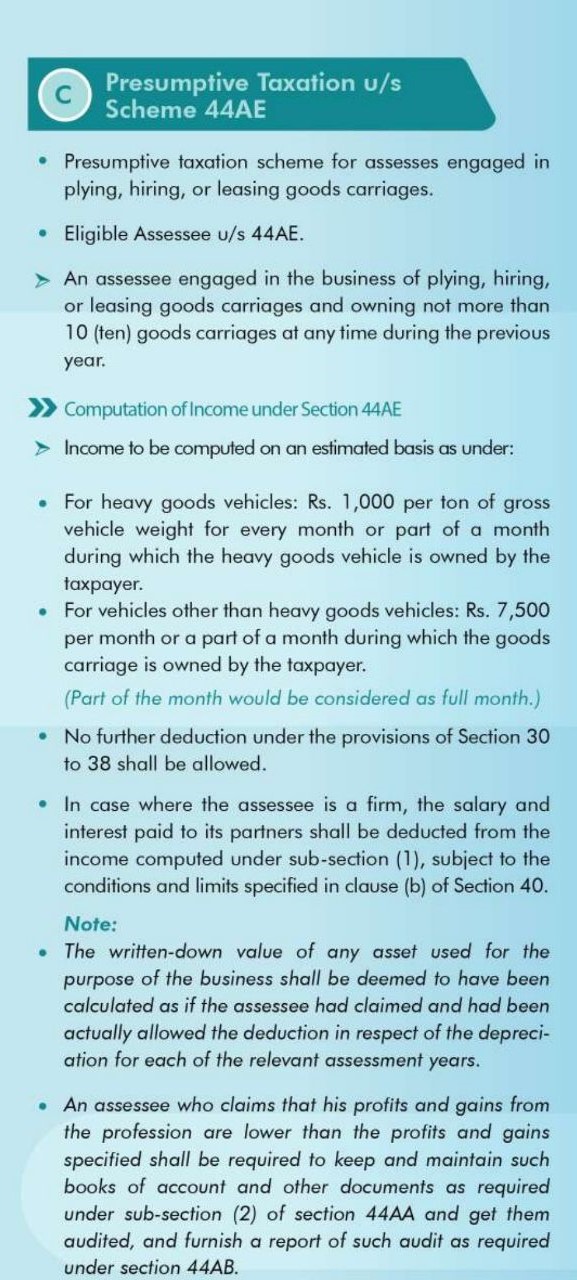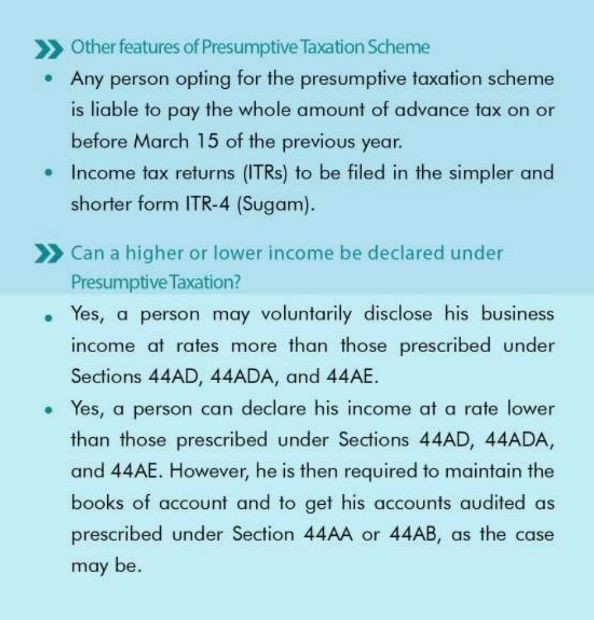Section 37(1) of the Income-tax Act, 1961 – Business expenditure – Allowability of Compensation
AO couldn’t question reasonableness of business exp. when its genuineness wasn’t doubted.
Where assessee made payment of compensation to CCL, a foreign company, for premature termination of Toll Manufacturing Agreement (TMA) entered into between parties, said payment being directly having nexus with business activity of assessee, was to be allowed as deduction under section 37(1)
Section 37(1) of the Income-tax Act, 1961 – Business expenditure – Allowability of Compensation [2015] – ITAT MUMBAI -Dystar India (P.) Ltd v. DCIT
Assessee and CCL entered into a Toll Manufacturing Agreement (TMA) whereby CCL agreed to undertake production of textile dyestuff for and on behalf of assessee company During year under consideration assessee debited certain amount towards short-notice payment on account of termination of TMA.
Assessee claimed that amount so paid was allowable as revenue expenditure Assessing officer rejected assessee’s claim holding that expenditure could not be held to be exclusive and necessarily for business of assessee.
ITAT Held that since genuineness of agreement between parties as well as payment of compensation was not doubted, and since payment in question had a direct nexus with business activity of assessee, it was to be allowed as business expenditure
Where assessee could not file e-TDS statements in Form Nos. 24Q and 26Q within prescribed time on account of technical defect in software of department accepting said statements, delay in filing statements being beyond control of assessee, impugned penalty order passed under section 272A(2)(k) deserved to be set aside
Section 272A of the Income-tax Act, 1961 – Penalty – For failure to answer question, sign statements etc. -Delay in filing statements [2015] – ITAT CUTTACK -State Bank of India v. JCIT
Assessee filed quarterly e-TDS statements in Form Nos. 24Q and 26Q for different quarters for relevant financial years.Assessing Officer taking a view that there was no reasonable explanation for delay in filing 24Q/26Q statements, imposed penalty under section 272A(2)(k)
It was noted that computer generated number for acknowledging receipt of such statements was not in hands of assessee insofar as generation of that number could not occur till such time PANs and information available on AS-26 were tallied by computer system itself.It was also undisputed that relevant software was only available to franchisees outsourced by department or NSDL being apex Nodal Agency
It was held by ITAT that since delay in filing statements being beyond control of assessee, impugned penalty order deserved to be set aside
Hope the information will assist you in your Professional endeavors. For query or help, contact: info@caindelhiindia.com or call at 011-43520194

